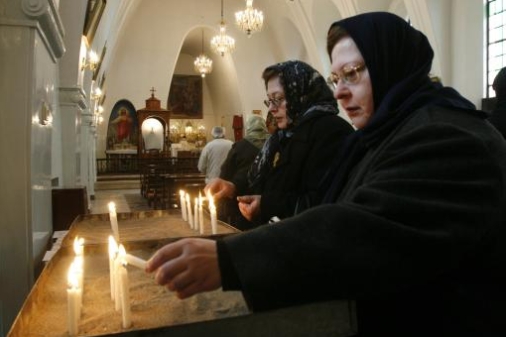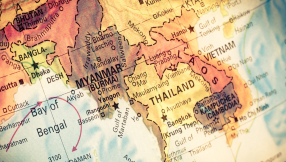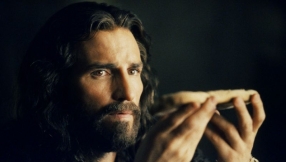
A report being presented to the UN Human Rights Council today, warns that Iran's human rights record remains poor and Christians are still in danger across the country.
UN Special Rapporteur Dr Ahmed Shaheed told reporters in Geneva last Friday that human rights situation there is a "serious concern".
"Hundreds of political prisoners continue to languish in detention, often for nothing more than the alleged 'crime' of expressing an opinion or belief," he said.
"Members of ethnic, religious, and sexual minority groups face harassment and persecution for advocating for group rights, worship, or communal heritage, when such advocacy deviates from officially-sanctioned positions."
Among those hundreds of prisoners are at least 49 Christians who were arrested in January, many of whom Dr Shaheed says "are converts from Muslim backgrounds".
"In 2013 alone, the authorities reportedly arrested at least 42 Christians, of whom 35 were convicted for participation in informal 'house churches', association with churches outside the Islamic Republic of Iran, perceived or real evangelical activity, and other standard Christian activities," he said.
"Sentences range from one to 10 years of imprisonment."
According to Dr Shaheed, house churches and evangelical Christian individuals are listed as serious national security threats by some of the most important figures in the Iranian intelligence agencies and law enforcement institutions.
Saeed Abedini, an Iranian American pastor, is one such Christian imprisoned on these grounds. He had been working in the country since the early 2000s and was detained in the summer of 2012 as the Iranian authorities believed his evangelical activities were undermining national security. He was sentenced last year to eight years in prison.
Recently, after he suffered an attack in Iran's Rajai Shah prison, he was taken to hospital but upon arrival he was shackled to a hospital bed and was denied treatment for internal bleeding.
Last Thursday, officials reported that a "mistake" had been made in shackling him and that the situation was being resolved. However according to Mr Abedini's family, he has still not received any medical treatment.
While most accusations against Christians are dealt with by national security apparatus, some public displays of worship have also been prosecuted.
In October last year, four members of the Church of Iran were convicted of drinking communion wine and possessing a satellite antenna and receiver. They were sentenced to 80 lashes.
Executions are also a potential danger for Christian converts from Islam, as apostasy is punishable by death.
All four of the major schools of Islamic law agree that the punishment for apostasy should be death, and while apostasy is not on the civil or criminal law books, Islamic law is regularly accepted as actionable by Iranian courts.
Dr Shaheed points out that most executions are related to drug offences, "which do not meet international standards of 'most serious' to qualify for application of the death penalty."
While actual executions are rare, the threat of executions is commonly used by Iranian officials to harass and intimidate Christians and church groups.
Dr Shaheed called on Iran to institute a moratorium on the death penalty until "it can meaningfully reform its penal system for drug convicts and ensure due process and fair trial guarantees, without undue influence from political forces, for individuals detained on 'national security' charges".
"The road ahead is long and bumpy, but with cooperation and determination, I believe that real change can still occur," he said.
Although change may be possible in the future, he noted that the present situation remains difficult for anyone deemed to be against the state.
"When a UN Special Rapporteur or the Secretary General or other [European] officials can receive personal attacks for the things they say, think about what could happen to those Iranians who may express their opinions in Tehran or in other places?"
Iranian officials and representatives will be given the option to reply to the report's conclusions at today's meeting of the Human Rights Council, where the report will also be discussed by other member states.









